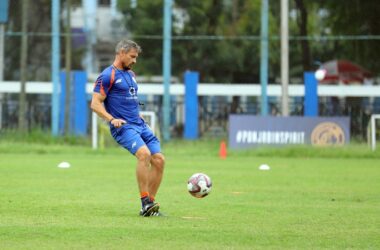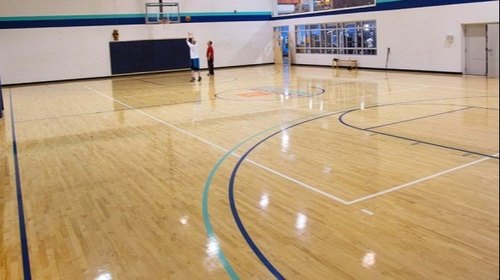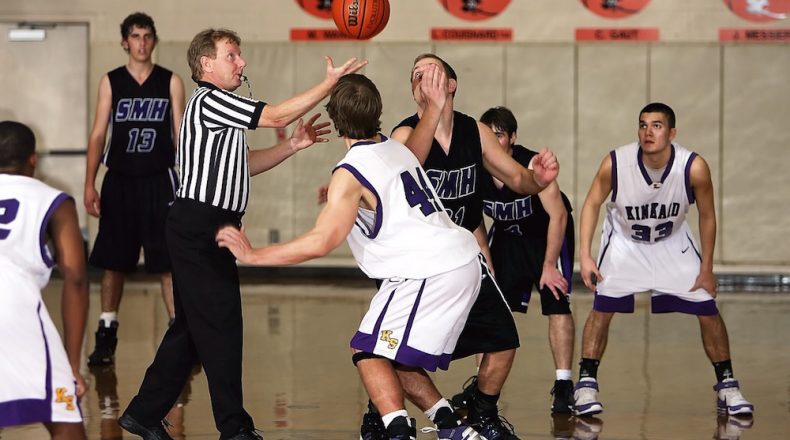Psychology plays a fundamental role in infant football. It serves to thoroughly analyze the role of all the factors that make up the environment in which the child lives. The behavior of the parents, the methods of the coaches and the attitude of the teammates are the fundamental elements that determine the success or failure of the team.
Football is one of the most popular sports in the world, and millions of fans watch it on television or play it on the pitch. Everyone talks about it: the public, the fans, the journalists, the players and the technicians. It is a sport with an enormous social and economic impact, regardless of whether it is children’s, professional or high-performance football. The accurate soccer prediction sites are full of adult football options. soccerprediction.co counted as one of the most authentic and best sites for betting tips. It offers betting tips on wide range of soccer matches of different levels and the best part is that they have one of the highest success rates too.
What role does psychology play in children’s football?
In recent years, children’s football is becoming increasingly important; it has thus become one of the areas of development of applied sport psychology. Given its characteristics, it acquires great importance for a healthy and correct education of the little ones.
More and more teams in the child and youth categories rely on the figure of a psychologist as a reference for sports strategy. This figure is fundamental for the development of effective communication techniques between players. Its task is also to develop an appropriate code of conduct, which is essential for young players to learn how to deal with success or failure on the playing field.
Soccer kids
Why psychology is important in children’s football
Psychologists and coaches are in favor of a formative sport, without strikers; a game whose goal is to have fun, create healthy habits and transmit values. However, some football fans disagree with this vision, stating that the essence of sport would be lost, the effort of the little ones would not be encouraged, nor the healthy competitiveness that arises on the football field.
The sports psychologist works above all on learning the values in the players. At the same time, it prepares them from a technical and tactical point of view, knowing that a child who has learned the value of effort during training will be better prepared to give one hundred percent on the field; however, always relativize the result.
The keys to success in child football psychology
Sports psychologists know well that inculcating certain values in the little ones on the pitch prepares them not only to score goals. The message applies to life. Below we will see the main areas on which psychology in child football is centered.
Personal effort
One of the premises that sports psychologists teach their players is that goals are not achieved without effort. It is important that the little ones are aware of the importance of persistence and work to improve on a personal level and also contribute to the success of the team.
Lack of individual willpower results in failure for the whole group. It is necessary to generate that inner energy, which is basic to face the difficulties, challenges and efforts required by any team game.
Teamwork
Sports psychologists must awaken humility in children; accept that no one is irreplaceable. In a team, everyone works towards a common goal. Teaching this idea is a daily task that must be part of the training routine.
Football is a sport that requires teamwork to achieve goals. The team must have a common goal, achievable only through the efforts of each and every player.

















